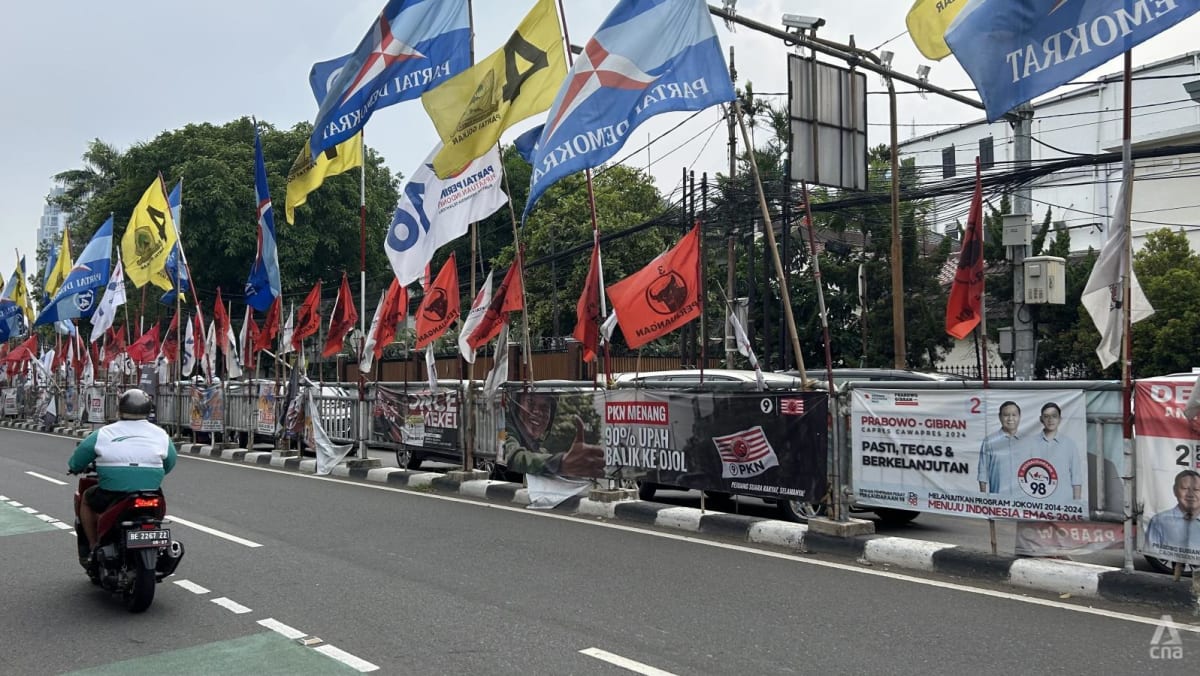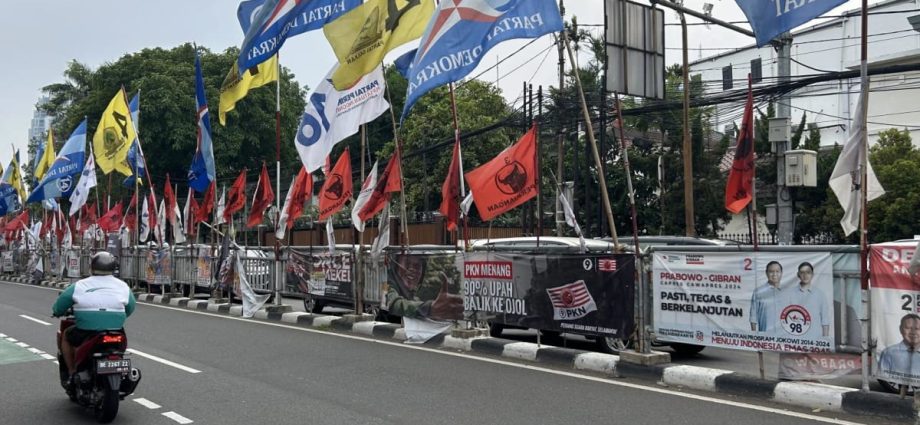
Ganjar-Mahfud campaign team leader Arsjad Rasjid was quoted by Kompas as saying that the people’s voice will be heard on polling day, and not in surveys.
“We also hope that the outcome is a fair, truthful and factual one that follows the democratic process,” he said, reiterating that state apparatus should remain neutral during the hustings.
This comes amid allegations that President Joko Widodo has allowed the deployment of public officers to support Mr Prabowo’s campaign and undermine that of his rivals, sparking protests from various groups.
Jokowi, as the popular president is widely known, previously said the head of state is legally allowed to campaign, but on Wednesday told reporters he will not be doing so.
NOT IN THE BAG YET
Dr Ian Wilson, a senior fellow at Murdoch University’s Indo-Pacific Research Centre, told CNA he was wary of the latest Indikator Politik survey as it uses multistage sampling of 1,000 people.
In multistage sampling, a target population is first defined before being divided into smaller and smaller clusters until a desired sample size is achieved.
This method is often used to collect data from a large, geographically spread group of people in national surveys as it is cheaper and easier to conduct, although not the most representative.
“I’m very sceptical of accurate extrapolation using this sample size and method for a voting population of 204 million, especially when everything is so dynamic,” Dr Wilson said.
The analyst said the Prabowo campaign team would at this point have hoped for a convincing first round win “in the bag”, especially with Jokowi seen to be more overtly campaigning over the past few days.
Jokowi has been spotted dining privately with Mr Prabowo on recent occasions and has been accused of mobilising social aid programs to shore up support for the current Defence Minister.
“I think now many of them (in Prabowo’s campaign) are coming to the conclusion that it’s probably going to go to a second round,” Dr Wilson added.

